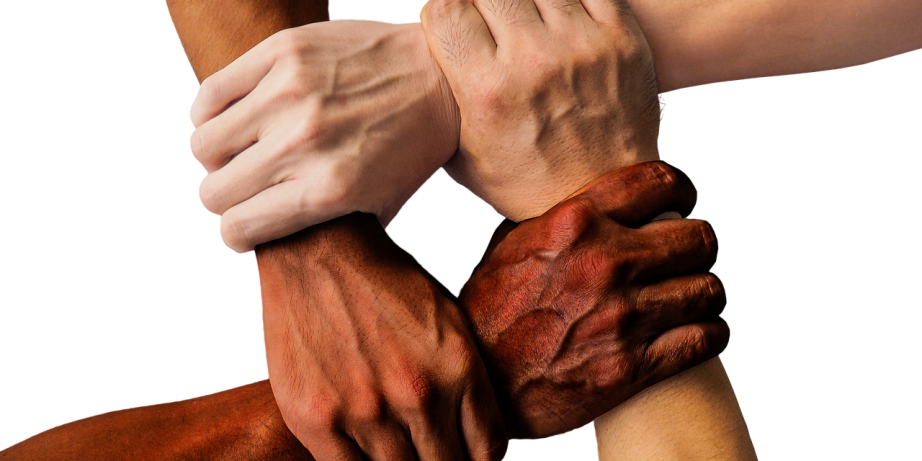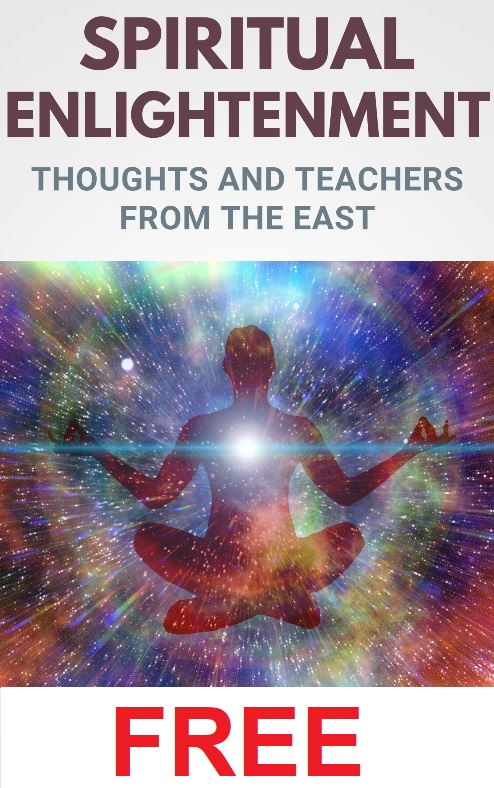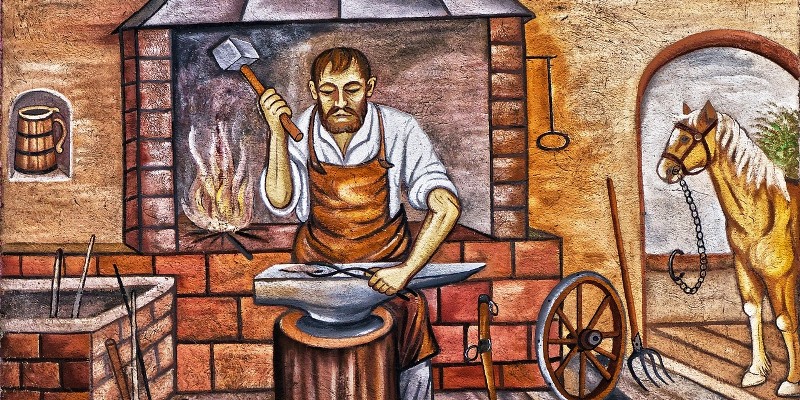
Friendship is of course a very beautiful thing. At least, well, if you can reap the benefits of it, I should say.
But what is the value of friendship if you live very far apart from each other and don’t see each other for years in a row, or maybe never ever again? How can you enjoy such a friendship other than just in memory? Or only online? Or just as a what-if or what-was? My experience is that such friendships slowly extinguish, just like an old candle.
But you see, it’s sometimes said that “a good neighbor is better than a distant friend.” And that’s of course not for nothing. That’s exactly what I’m talking about.

It’s perhaps nice to know that you have friends. Or had friends, if they are no longer there or are no longer close. It makes you feel a lot less lonely, I suppose. And that’s useful if you want to maintain some kind of psychological health and self-esteem, or so.
It’s good to know that you could make and keep friends. Surely. Because especially the latter is not always easy. But it’s also fair to realize that you only really benefit from friends if they are around you.
Because many times I needed my friends. But often they weren’t there. Not so much because they didn’t want to be there for me, but because they couldn’t be there for me. And that’s of course a big difference, but unfortunately it does not affect the outcome much.
One can question my motivation of “benefit” in a friendship. Do friendships have anything to do with “benefit” at all? Honestly, I think they do, because “That’s what friends are for,” isn’t it? To help and support each other, to be there for each other, to enjoy each other’s company, to be able to count on somebody. That all certainly has elements of “benefit” to it, although you may call that love if you wish.
Well, I must admit that it’s better to have a good friend than a distant neighbor, but a good neighbor who becomes a friend is without doubt the best gift, and I would prefer that over a distant friend.
Some then believe that “true, lasting friendship” doesn’t really exist. I understand that, because it often turns out afterwards that the thought and feeling of friendship was an illusion. “In need one gets to know one’s friends” speaks volumes in this respect. In such cases one can certainly form a sound judgment.
And what if your friend suddenly dies on you? Is it still a friendship then? Some, maybe, would say “Yes,” but I think a friendship is about sharing, and sharing things with a dead person is a one-way street, unless you can communicate with the spirits, of course. In my dictionary, however, monologues are not something associated with friendship.
All by all, I feel it’s probably better not to think about friendship too much. As long as it is, and nearby, it is. And we may enjoy it — reap the benefits. Or, of course, also give the fruits. But it’s useless to imagine what is not. Or not anymore. And quite painful too.














